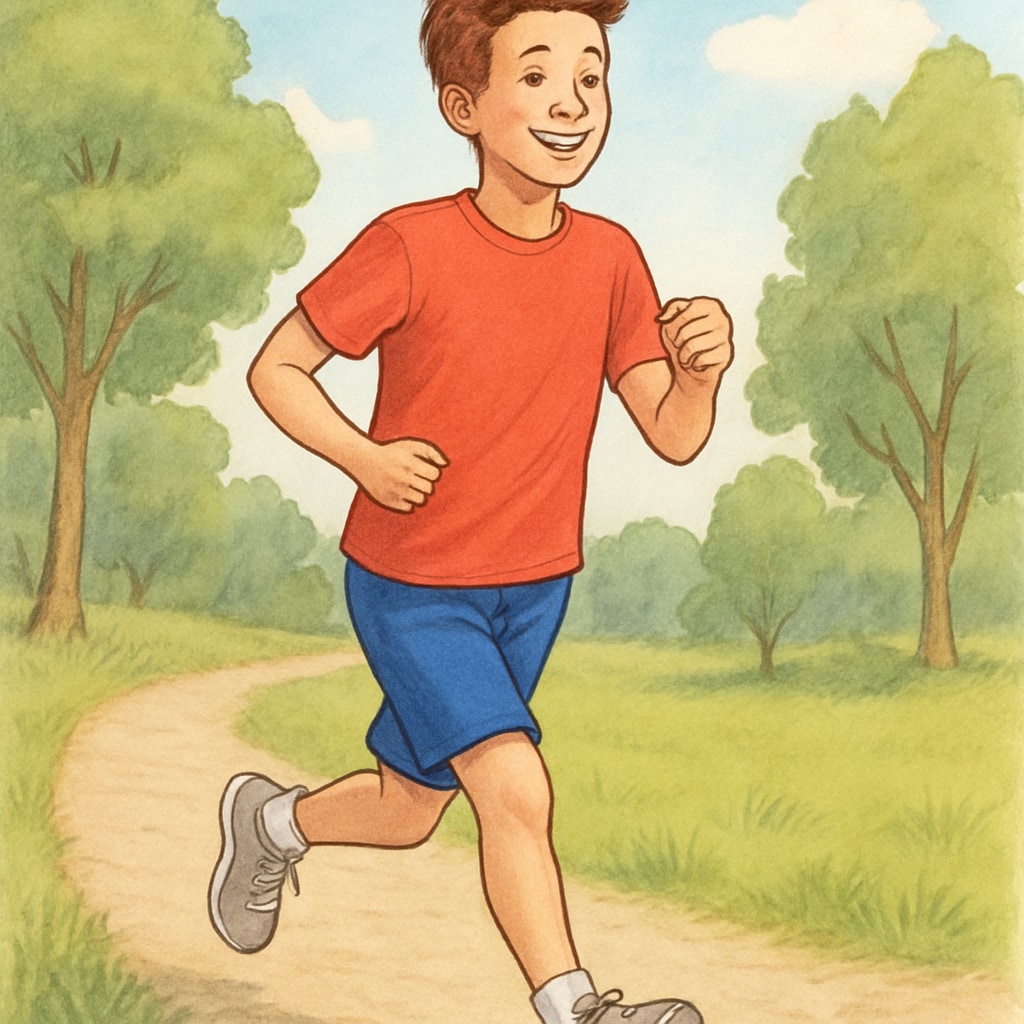Many teenagers struggle with academic challenges, family education, and adolescent development, leading to a lack of motivation and unhealthy lifestyle habits. This article provides practical solutions for parents and educators to help teens rediscover their potential. By focusing on family dynamics, fostering interests, and promoting healthy habits, we can guide teens toward a brighter future.
Understanding the Root Causes of Academic Challenges
Teenagers may face academic difficulties for various reasons, such as stress, lack of interest, or external pressures. Identifying these root causes is critical. Open communication is one of the most effective ways to uncover the underlying issues. For example, parents can initiate conversations that encourage teens to share their feelings and concerns.
In addition, creating a supportive environment is key. A judgment-free space allows teens to feel safe expressing themselves, which can lead to collaborative problem-solving. According to Britannica’s insights on education, emotional security directly impacts learning outcomes.

Fostering Interests to Reignite Motivation
One of the best ways to rebuild motivation is by tapping into teens’ interests. When learning aligns with their passions, it becomes easier to engage. Parents and educators can help by exposing teens to various activities, such as art, sports, or technology, to identify what excites them.
For example, a teenager interested in technology might benefit from coding workshops or robotics clubs. This not only enhances their skills but also provides a sense of achievement. Furthermore, incorporating project-based learning into their education can make academic tasks more appealing.
In addition, goal-setting is a powerful motivator. Encourage teens to set small, achievable goals and celebrate their milestones. This approach builds confidence and helps maintain momentum.
Building Healthy Habits for Long-term Success
Unhealthy lifestyle choices, such as poor diet, lack of exercise, and inadequate sleep, can significantly impact a teen’s overall well-being. Addressing these issues requires a comprehensive approach. Here are some actionable steps:
- Nutrition: Encourage balanced meals that include fruits, vegetables, and whole grains. Involve teens in meal planning to make healthy eating more appealing.
- Physical Activity: Introduce fun physical activities, such as hiking or dancing, to make exercise enjoyable.
- Sleep Hygiene: Establish consistent sleep routines by limiting screen time before bed and creating a restful environment.
According to The Sleep Foundation, teens need 8-10 hours of sleep per night for optimal functioning. Ensuring they meet this requirement can lead to better academic performance and emotional stability.

The Role of Family Education in Adolescent Development
The family environment plays a crucial role in shaping a teen’s habits and mindset. Parents act as role models; therefore, adopting positive behaviors themselves can inspire change in their children. For instance, practicing healthy communication, managing stress effectively, and demonstrating a commitment to lifelong learning can influence teens positively.
Moreover, setting clear but flexible boundaries helps teens develop self-discipline while still feeling supported. Regular family activities, such as game nights or shared hobbies, can also strengthen bonds and create a sense of belonging.
Finally, seeking professional guidance, such as counseling or coaching, can be beneficial for families navigating complex challenges. Such support ensures that both parents and teens are equipped with the tools they need to succeed.
Conclusion: Helping teens overcome academic difficulties and adopt healthier habits requires a multi-faceted approach. By addressing family dynamics, fostering interests, and promoting a balanced lifestyle, we can empower teens to unlock their potential and thrive. With patience, understanding, and the right strategies, every adolescent has the opportunity to succeed.
Readability guidance: This article uses short paragraphs, incorporates lists for clarity, and maintains a balance of professional and accessible language. Transition words like “however,” “therefore,” and “for example” are included to improve flow and coherence.


